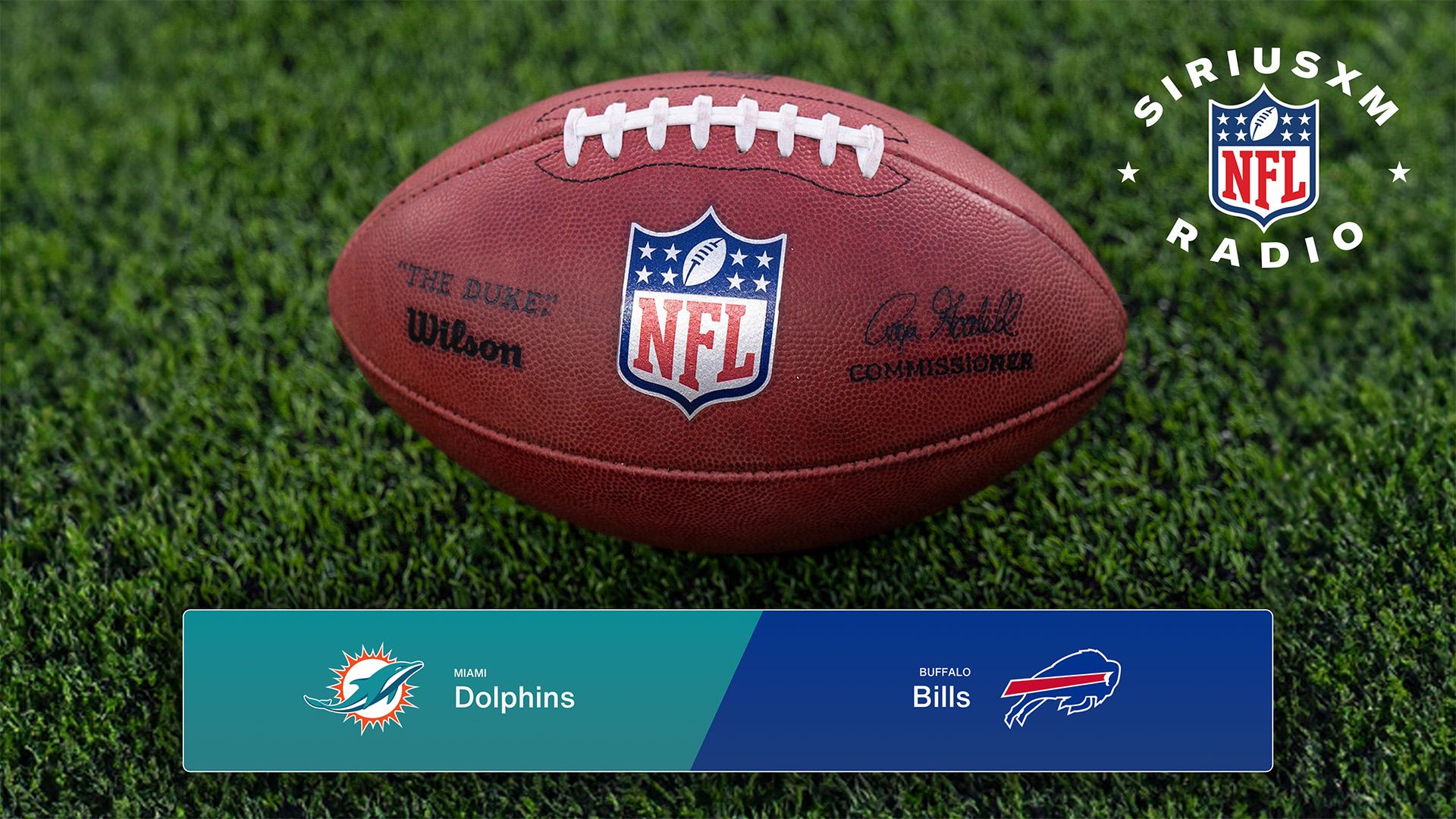Why Chainlink’s CCIP Launch on Solana Is a Turning Point for Web3 Development
The post Why Chainlink’s CCIP Launch on Solana Is a Turning Point for Web3 Development appeared on BitcoinEthereumNews.com. With CCIP live on Solana, it opens up a whole new world of possibilities for both users and developers by offering secure and seamless cross-chain connections. It also means that DeFi communities and token projects built on EVM chains finally have a way to extend their reach into Solana. On May 19, Chainlink (LINK )announced that its Cross‑Chain Interoperability Protocol (CCIP) is officially live on Solana’s mainnet. Solana (SOL), being a non-EVM chain, previously lacked seamless connectivity with Ethereum-based ecosystems. So, this is the first time CCIP has been deployed on a non‑EVM chain, thanks to its upgraded v1.6 architecture. According to our earlier update, the Chainlink v1.6 update introduces support for VM-agnostic networks like Solana, which runs on Sealevel instead of the Ethereum Virtual Machine (EVM). This brings massive improvements: transaction costs for cross-chain messaging are cut by 90%, and message batching means lower latency and fees. Chainlink Co-founder Sergey Nazarov highlighted how this integration supercharges Solana’s smart contracts, making them more powerful through cross-chain messaging and programmable token transfers. What Chainlink’s CCIP Means for Web3 For Solana developers, it’s a game-changer, finally making fast, low-cost, and secure cross-chain functionality possible without relying on risky, complex bridging solutions. Unlike traditional bridges that rely on wrapped tokens or custodial solutions, CCIP enables direct and decentralized transfers of both messages and tokens, even to non-EVM chains like Solana. It leverages advanced features like Threshold Signature Schemes (TSS), decentralized oracle networks (DONs), and built-in rate limits and circuit breakers for extra protection. This means developers can now interact more seamlessly with ecosystems like Ethereum (ETH), HashKey Chain, HyperEVM, Arbitrum (ARB), Optimism, BNB Chain, and Base. This then unlocks new use cases and liquidity flows. On top of that, CCIP supports the Cross-Chain Token (CCT) standard, allowing real, native assets to move across…

The post Why Chainlink’s CCIP Launch on Solana Is a Turning Point for Web3 Development appeared on BitcoinEthereumNews.com.
With CCIP live on Solana, it opens up a whole new world of possibilities for both users and developers by offering secure and seamless cross-chain connections. It also means that DeFi communities and token projects built on EVM chains finally have a way to extend their reach into Solana. On May 19, Chainlink (LINK )announced that its Cross‑Chain Interoperability Protocol (CCIP) is officially live on Solana’s mainnet. Solana (SOL), being a non-EVM chain, previously lacked seamless connectivity with Ethereum-based ecosystems. So, this is the first time CCIP has been deployed on a non‑EVM chain, thanks to its upgraded v1.6 architecture. According to our earlier update, the Chainlink v1.6 update introduces support for VM-agnostic networks like Solana, which runs on Sealevel instead of the Ethereum Virtual Machine (EVM). This brings massive improvements: transaction costs for cross-chain messaging are cut by 90%, and message batching means lower latency and fees. Chainlink Co-founder Sergey Nazarov highlighted how this integration supercharges Solana’s smart contracts, making them more powerful through cross-chain messaging and programmable token transfers. What Chainlink’s CCIP Means for Web3 For Solana developers, it’s a game-changer, finally making fast, low-cost, and secure cross-chain functionality possible without relying on risky, complex bridging solutions. Unlike traditional bridges that rely on wrapped tokens or custodial solutions, CCIP enables direct and decentralized transfers of both messages and tokens, even to non-EVM chains like Solana. It leverages advanced features like Threshold Signature Schemes (TSS), decentralized oracle networks (DONs), and built-in rate limits and circuit breakers for extra protection. This means developers can now interact more seamlessly with ecosystems like Ethereum (ETH), HashKey Chain, HyperEVM, Arbitrum (ARB), Optimism, BNB Chain, and Base. This then unlocks new use cases and liquidity flows. On top of that, CCIP supports the Cross-Chain Token (CCT) standard, allowing real, native assets to move across…
What's Your Reaction?


































